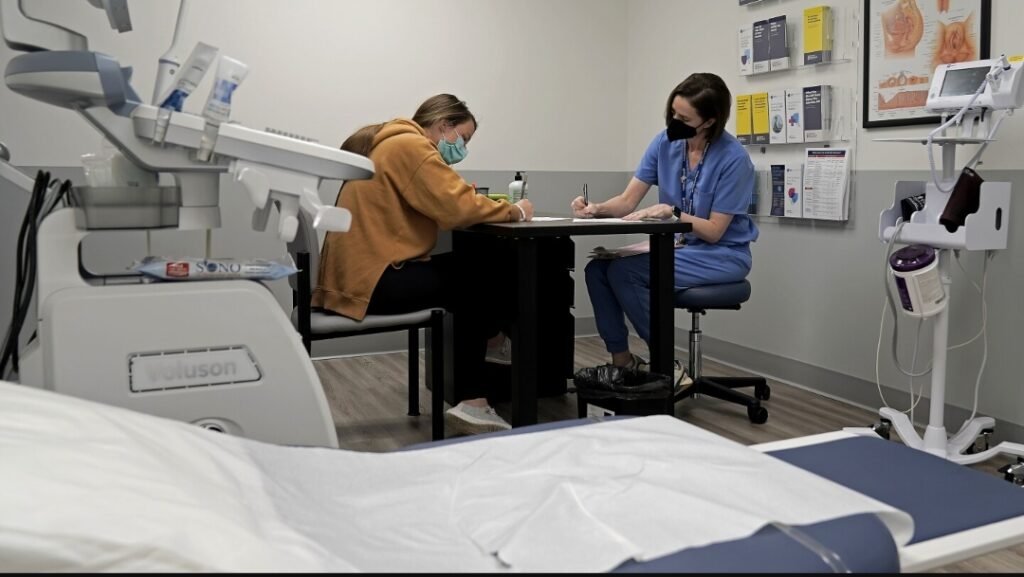Abortion clinics often exist at the center of public debate, but behind the headlines and heated opinions lies a reality that many overlook—these clinics serve as safe spaces for people from all walks of life. Their mission extends beyond medical procedures; they prioritize dignity, confidentiality, and compassionate care for anyone who walks through their doors. The individuals who staff these facilities are committed to providing nonjudgmental support, regardless of a patient’s beliefs, background, or circumstances.
We will explore how abortion clinics in Portland, Oregon maintain this commitment, fostering an environment where every person is treated with respect, regardless of their religion, race, socioeconomic status, or personal convictions. Examining their protocols, outreach efforts, and day-to-day practices makes it clear that inclusivity is not just a principle—they make it part of their everyday operations.
How Abortion Clinics Ensure Inclusive and Respectful Care
Welcoming Patients from All Backgrounds
One of the most notable aspects of abortion clinics is the diversity of the patients they serve. Whether someone is religious or non-religious, conservative or progressive, immigrant or native-born, these clinics do not discriminate. This inclusive approach stems from a belief that health care should be universally accessible, and abortion is no exception.
Clinics work with interpreters and multilingual staff to overcome language barriers. They understand that cultural background can affect how a patient views reproductive health, so they remain sensitive and informed without imposing personal ideologies.
The goal is not to change beliefs, but to provide a safe space where individuals can make choices based on their unique lives. Staff members are trained to be aware of their biases and foster an environment of trust. Patients are encouraged to express their values, fears, and questions without fear of judgment, making the experience more human-centered and less clinical.
Training Staff to Prioritize Compassion and Neutrality
Abortion clinic staff are frequently trained to respond to the emotional, psychological, and spiritual needs of their patients. This goes beyond learning medical procedures—it includes communicating with empathy, listening actively, and providing information in a balanced way. The goal is to ensure that no matter a patient’s political affiliation or moral outlook, they feel heard and respected.
Neutrality is key in these interactions. Staff are not there to convince patients to make one decision over another; they are there to support autonomy. These clinics often collaborate with social workers, counselors, and trauma-informed care professionals to ensure emotional well-being is addressed.
Some clinics even provide resources for those who choose not to have an abortion, helping them access prenatal care, adoption services, or parenting support. This holistic view affirms that all choices deserve support and that care should be consistent no matter what path a person chooses.
Providing Affordable Options and Financial Support
Economic background should never determine access to health care, yet financial obstacles are a major barrier for many. Abortion clinics work diligently to overcome this by offering sliding scale fees, payment plans, and connections to abortion funds or charitable organizations.
They understand that people from lower-income communities are disproportionately affected by limited access to health services. These clinics also help with logistics such as transportation, lodging, or childcare if needed.
Doing so reduces the structural barriers that might prevent someone from getting care. Insurance navigation is another critical service—many clinics help patients understand what their plans cover, and how to apply for state or local programs when needed. Financial transparency is prioritized, and no one is turned away solely because of cost. By doing this, abortion clinics help level the playing field, ensuring that the right to reproductive health is not just theoretical but accessible to everyone.
Protecting Patient Privacy and Autonomy
One of the cornerstones of inclusive care is maintaining strict confidentiality. Abortion clinics recognize the sensitive nature of their services and go to great lengths to protect patient identity and autonomy. This is particularly important for individuals from communities where abortion is stigmatized, or for those who fear backlash due to their religious or cultural affiliations. Clinics use secure data systems, discreet billing practices, and private consultation rooms to safeguard each person’s privacy.
Patients are not required to explain their reasons for seeking care, nor are they judged for the timing or circumstances of their decision. Consent is emphasized at every stage—no procedure or conversation happens without explicit permission. This respect for autonomy reassures patients that they remain in control of their bodies and choices. Staff members understand that abortion can be part of a person’s broader health journey, and they make every effort to provide care that is free from coercion, pressure, or presumption.
Abortion clinics play a crucial role in providing health care that respects the diversity of beliefs, backgrounds, and life situations. Their approach centers on compassion, neutrality, and accessibility, ensuring no one is excluded based on ideology, religion, financial status, or identity. Through cultural sensitivity, patient-centered training, financial assistance, and community engagement, these clinics demonstrate what it means to offer care without conditions.
Their commitment extends beyond the procedure to every facet of the patient experience, reaffirming the importance of autonomy and respect. In a world where reproductive rights are often debated, abortion clinics remain grounded in the principle that everyone deserves dignity, safety, and support, regardless of where they come from or what they believe.
